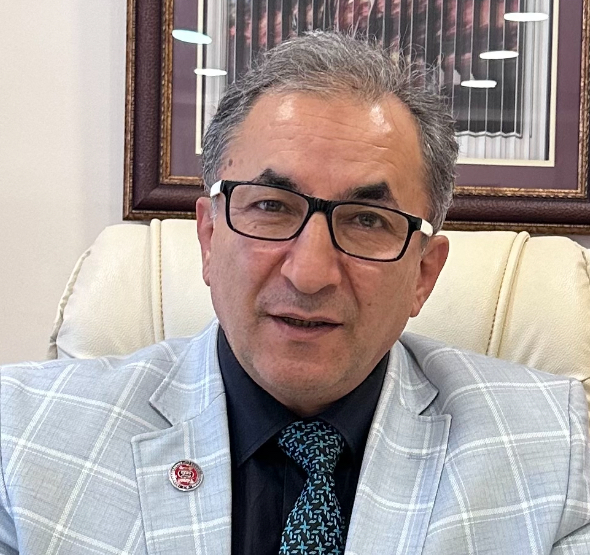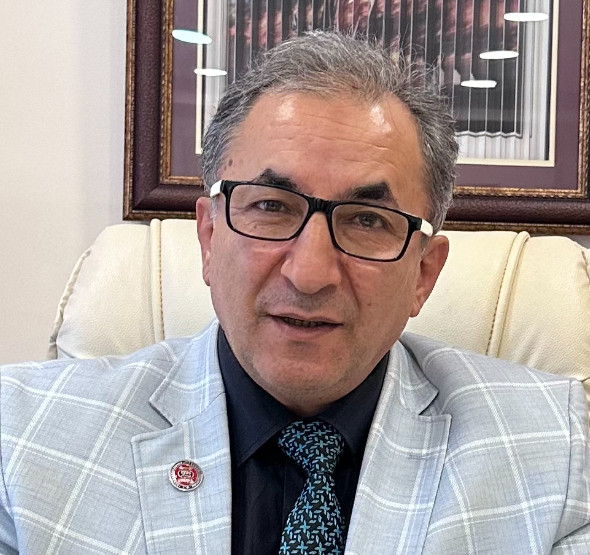In recent times, there's a term we frequently encounter in the market: political communication expert.
There used to be the title of researcher-writer. Individuals who published articles or wrote columns in any newspaper would often use this title, and it became quite widespread. However, as journalism itself became recognized as a distinct profession, the title of researcher-writer fell out of common use. Now, it's been replaced by the concept of 'political communicator.'
Every profession has its own challenges. This profession requires knowledge, specialization, and experience. However, because it encompasses such a wide range of areas, individuals who lack expertise in many fields are unlikely to excel in political communication.
In general elections, the old campaigns of the AK Party stood out more.
There were hardly any campaigns highlighted related to local election campaigns.
Only the promises of the Republican People's Party to the youth in the 2019 local elections remained memorable.
I've witnessed some interviews with political communicators and advertisers explaining how they helped Erdogan win elections. Essentially, there's intelligence, effort, and labor put into campaigns and advertisements. However, I believe it's mostly Erdogan who brings success. When the slogan "Turkey Century" emerged, I conducted a detailed analysis in Kriter magazine. It was a slogan that defined exactly where Turkey stood. However, when we received the text at the opening ceremony of the campaign, we realized that the text didn't quite reflect the magic of "Turkey Century."
The text was actually long. Each title alone didn't fully define the great aims of the Turkey Century. When Erdogan began reading the text at the campaign opening, the text gained its own magic, and each line and paragraph was reinterpreted.
When evaluating AK Party politics, President Erdogan injects his own will and vision into all his work, believing and getting excited about it.
In this case, those who work on behalf of the AK Party in campaigns, advertising, or, in today's terms, political communication processes, are somewhat encouraged. Because whoever touches the product, regardless of its nature, enchants it and explains it to the Turkish society with belief. When you look at the previous election campaign, the campaign was mainly about Erdogan's speeches at rallies and the broad influence he had on the public.
Those accustomed to preparing campaigns for Erdogan are somewhat removed from processes that require much more direct competition, mobilization of all resources, and simultaneous movement of capabilities. Because a visit or rally by Mr. President in the weak areas of the AK Party can reverse the balances. For this reason, the AK Party has adopted the habit of leaving most of the burden to the president in local campaigns. AK Party advertisers and campaigners are more successful in campaigns aimed at gaining influence within the party than in campaigns against competitors…
The late Erol Olçok was quite successful in his own advertising and campaigning.
Actually, a pioneering agency producing campaigns for the AK Party could have created dozens of smaller agencies behind it and trained them. There was no great effort in this regard yesterday, and we don't see a similar effort today either. Since leading agencies that produce AK Party campaigns mostly focus on what they do, there isn't much culture around them. In a research we conducted on voter behavior, during a campaign period, 6.5% to 8.5% of the voter base is affected by campaigns. When you distribute this across the entire spectrum of parties, you actually see that campaigns don't lead to very drastic changes.
Nevertheless, after transitioning to a presidential system in our country, almost in some provinces, elections are almost won with a point in local administrations. In this context, the contribution of companies that understand the concept of political communication appropriately and manage campaigns in this way to politics cannot be denied.




